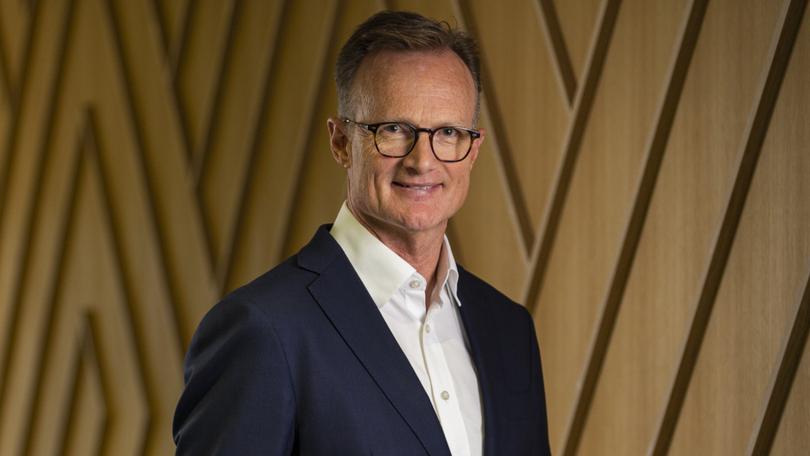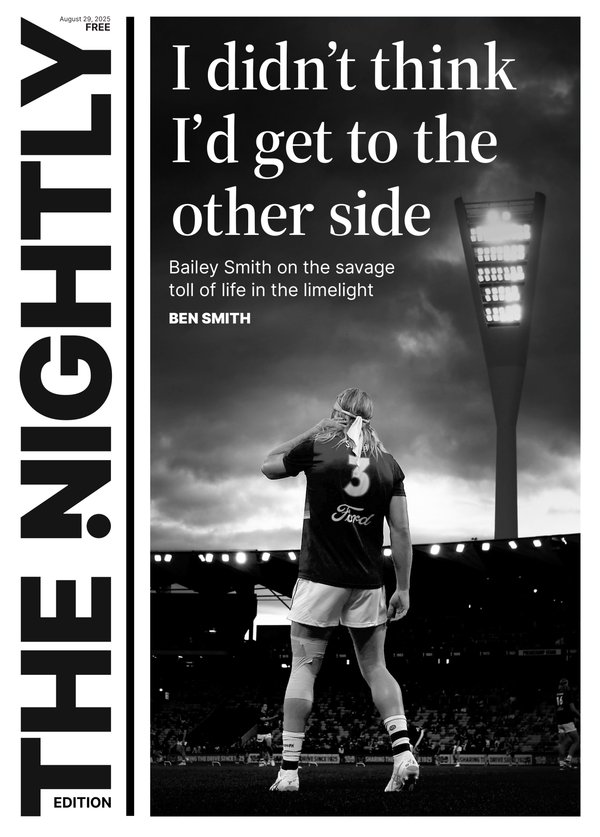Health insurer HBF back in the black, market share hits 20-year high

HBF has warned that premiums would have to rise if private health insurers were forced to fork out more funding to help hospitals battling higher medical costs.
Announcing a return to black by WA’s dominant insurer, chief executive Lachlan Henderson said while some private hospitals were experiencing financial problems, the private health sector was “not a pot of gold”.
Dr Henderson, who ran a private hospital group before joining HBF last year, is on a steering committee overseeing a Department of Health review of the financial issues facing private hospitals.
Sign up to The Nightly's newsletters.
Get the first look at the digital newspaper, curated daily stories and breaking headlines delivered to your inbox.
By continuing you agree to our Terms and Privacy Policy.Australia’s private hospitals are seeking more money outside of their three-year funding contracts to support operations, arguing many are at risk of closing because of soaring medical expenses.
However, Dr Henderson noted that new hospitals were still opening, with more now operating than before the pandemic. Also, WA’s major players were expanding, “so they’re still looking at a positive future”.
“We have a pretty strong and robust funding and contracting arrangement with the hospitals,” he said.
“The insurers are not a pot of gold and any increase in funding from private health insurers will directly impact our members and the premiums they pay.”
HBF ended the 2024 financial year with a healthy surplus of $44.2 million after a 13 per cent increase in premium revenue to $2.22 billion more than offset a $134m increase in claim expenses.
The result follows two years of losses, including a restated $133m deficit for the 2023 financial year.
The group said it paid $1.84b in claims over the 12 months to June 30, up 7.9 per cent.
“While ancillary claims largely returned to pre-pandemic levels, hospital claims remained relatively subdued,” it said.
The result was achieved as HBF’s national market share hit a 20-year high of 8.05 per cent, boosted by last year’s purchase of the Queensland Country Health Fund.
HBF has sought in recent years to expand its reach outside of its home State, where it remains the dominant player, albeit with a reduced share of about 47 per cent, seeking to attract and retain new and younger members.
About 20 per cent of its 1.2 million members now live outside of WA, up from 10 per cent six years ago.
HBF said it remained focused on further reducing costs, having in January announced the closure of five of its 14 branches, including two of its four country offices, and cut back sponsorship and marketing to generate savings.
“In an environment where rising costs, increased regulation and cyber security are impacting all businesses, HBF continues to focus on the cost of doing business to support our members,” Mr Henderson told members in the annual report.
More to come.
Originally published as Health insurer HBF back in the black, market share hits 20-year high
